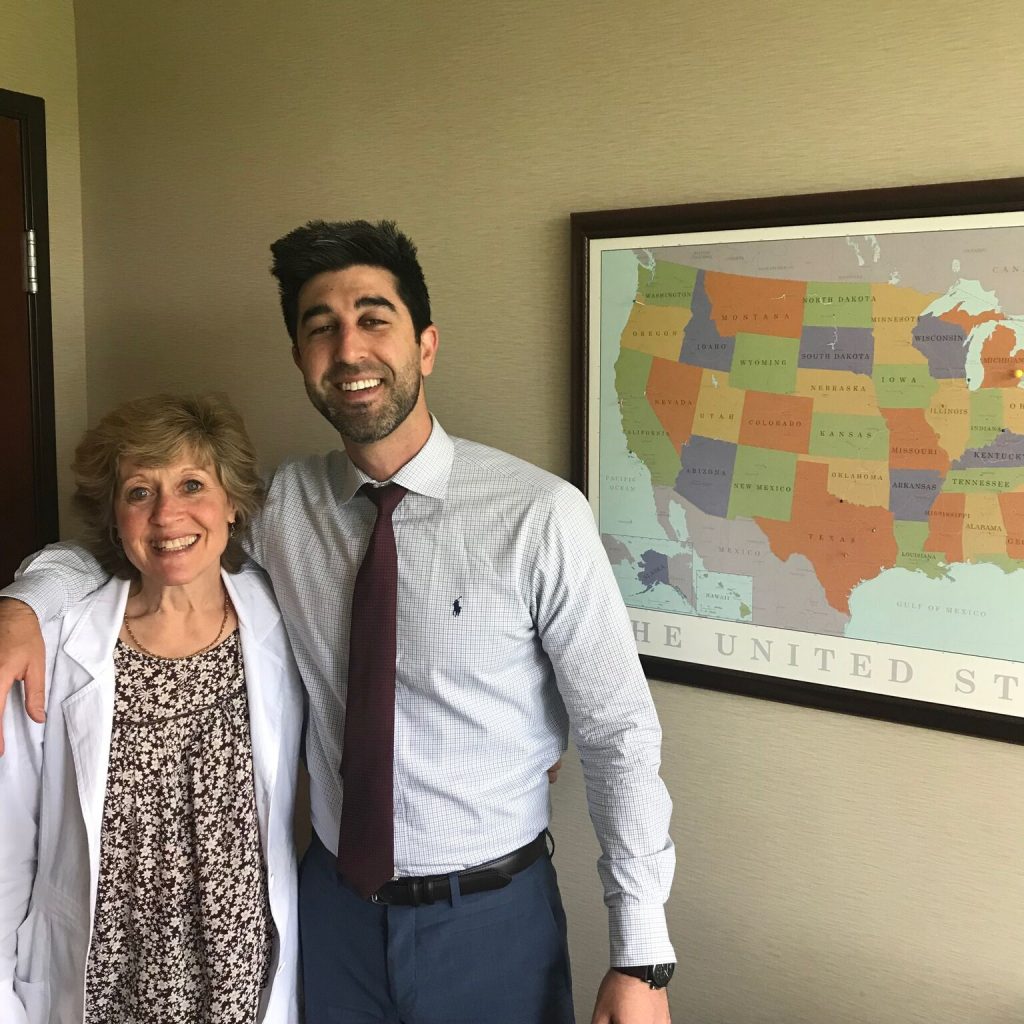Binocular Vision Dysfunction Test
The 5 Minute Test to Potentially Change Your Life
This test is an attempt to reveal if any of these symptoms: headaches, lightheaded, dizziness,vertigo, nausea, migraine, eye pain, eye strain, stiff neck, shoulder pain, upper back pain, post-concussive syndrome, agoraphobia, anxiety in large crowds or large buildings, or even panic attacks when driving; may in part be stemming from binocular vision dysfunction (eye misalignment).
Some with vertical heterophoria, a type of binocular vision dysfunction, feel they are moving backwards in their car when they’re not. Or they may feel the floor is moving underneath them when walking into a large store.
Most tests during a typical eye exam are not sensitive enough to uncover such small eye misalignments; such as vertical heterophoria (hyperphoria), superior oblique palsy and others, that can be contributing to your symptoms. You may have even seen ophthalmologists and optometrists that have told you, “your eyes are fine.”
Please take the test to see if you have Binocular Vision Dysfunction
Adult Questionnaire
For individuals 14 years of age and older
Youth Questionnaire
For individuals 13 years of age and younger
If we uncover you have a vertical misalignment or superior oblique palsy (4th cranial nerve palsy) you may be suitable for NeuroVisual treatment with microprism eyeglass lenses. Microprism is just another term for very small amounts of prism that are precisely ground into glasses lenses. This cutting-edge method of detecting micro amounts of prism is to improve your eye alignment and to improve your potential binocular vision dysfunction.
I gratefully “tip my hat” to Dr. Debby Feinberg, Dr. Eric Weigel, Dr. Raymond Roy and Dr. Jeff Krall for their innovative work in the field of binocular vision.
Healthfully,
Dr. David N. Zucker, O.D.
PS
Here is Dr. Feinberg’s TED talk on this subject:
Dr. Zucker was personally mentored and trained by Dr. Debby Feinberg at her clinic in Michigan.

See what other physicians and health care professionals are saying about Binocular Vision Dysfunction (BVD). Referrals from: Neurologist, Neuro-Ophthalmologist, Clinical Psychologist, Functional Neurologist, Physical Medicine and Rehabilitation Physician (PMR), Otolaryngologist (Specialized ENT Doctor), ADHD Coach, Audiologist, and Brain Injury Case Manager.
